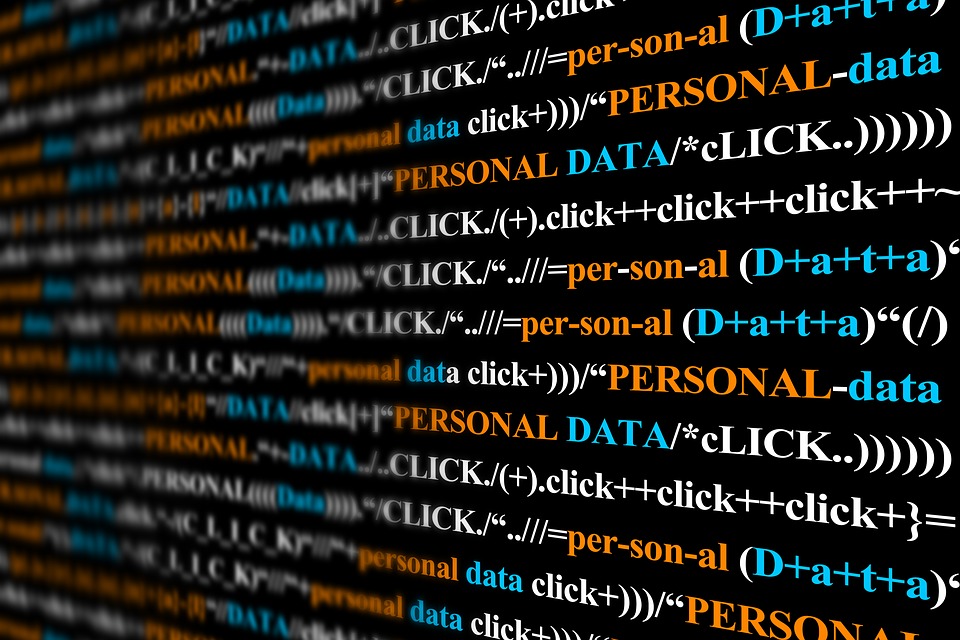Frameworks are useful tools in development that simplify and standardize activities. There is always a feature like this that makes matters easier in any programming language.
Top picks for their respective languages include Django and Laravel. Let’s compare Django vs Laravel Speed now to see which is the best option for you.
- Comprehending Laravel And Django
- Django
Django vs Laravel Speed

Django is a Python platform that facilitates the rapid and effective creation of digital projects. It is safe, scalable, and flexible, with tools for the SQLite database integrated right in.
Think of creating an informative website, a social center, or a digital library. Django offers everything you need. It can show a variety of materials by integrating with different front-end frameworks easily.
A brief history: When Adrian Holovaty and Simon Willison were working on digital projects for the Lawrence Journal-World newspaper in 2003, they introduced Django. The name pays homage to Django Reinhardt, the legendary guitarist.
Django’s proactive approach to security constitutes one of its most notable characteristics. Its purpose is to safeguard website creators from frequent online safety blunders and maintain website security.
Furthermore, it’s easy to locate specialists to assist with Django projects because of its extensive use. I believe that with this explanation, you have seen the importance that Django has to Laravel.
2. Laravel Framework
PHP is used by the publicly accessible Laravel framework, which makes it ideal for server-side operations, HTML sign-in setup, and template design. It makes the process of creating different apps and services simpler by utilizing the MVC design pattern.
With the release of Laravel in June 2011, Taylor Otwell addressed several of the shortcomings of CodeIgniter, particularly those related to user sign-ins and permissions.
It should be easy to locate a business that specializes in Laravel development, given the widespread use of PHP. It is very clear and simple that, when it comes to the framework, Laravel takes the lead.
Django vs Laravel Speed: Distinctions
You can get further knowledge from the following table:. Let’s now look at the primary distinctions between Django vs Laravel Speed performance.
| Laravel | Django |
| uses the MVC architectural model. | makes use of MTV architecture. |
| defends against SQL injection and makes use of Bcrypt hashing. | Errors are prevented and user accounts are managed using the integrated secure framework. |
| Eloquent is a simple PHP Active Record implementation that is used. | Uses its own ORM, allowing easy database management. |
| Laravel Debugbar, IDE Helper, Laravel Tinker, and Laravel Socialite. | emailing platforms, validation structures, and admin dashboards that are generators with algorithms. |
| makes use of the user-friendly Artisan custom code generators. | makes use of the user-friendly Artisan custom code generators. |
From the explanation above, you can now distinguish Between Django And Laravel Speed
Comparing the Pros and Cons of Laravel and Django
Benefits of Django use
Django has several notable advantages that developers find appealing:
- Backward Compatibility: Django keeps working with previous versions even after you update, so your current web pages and applications continue to work.
- Good Community Support: The Django community is quite active. This entails sharing standards of excellence, assistance, and documents being easily accessible.
- DevOps affinity: Django’s ideas and practices are in line with those of DevOps.
- DRY and KISS Principles: Django promotes accurate and efficient code by adhering to the “Don’t Repeat Yourself” (DRY) and “Keep It Simple” (KISS) coding principles.
- Security is a top priority for Django, and weaknesses are fixed with frequent updates.
- Learning curve: Django is easy for developers to get started with and integrate into applications.
- Django is very flexible, working quickly on a variety of project types. Its history of success provides programmers with a full toolbox to get started.
Drawbacks of Django
Even with Django’s advantages, certain programmers continue to find the following aspects difficult to work with:
- Django’s Way: Django follows a certain approach that frequently necessitates abiding by its paradigms.
- Sometimes not Lightweight: Django may look like too much for small applications.
- Conventions: Compared to many other programming languages, Django functions in a somewhat distinct manner. There may be an adjustment time if you’re used to various patterns.
- Code Density: Compared to other frameworks, Django occasionally necessitates a more code-heavy approach.
Benefits of PHP/Laravel
- Developers should think about the following notable advantages that Laravel offers:
- Permits and user authentication are built into Laravel.
- It includes an email management system.
- The cached memory is used by the framework to enhance speed.
- Exception handling in Laravel is excellent.
- It facilitates effective automated testing.
- Compared to fundamental PHP, Laravel carefully examines code and improves security using its libraries. Moreover, security tokens are used to thwart SQL injection and third-party attacks. From the drawbacks and benefits, you can now discern from Django vs Laravel which one is good for you.
Cons of Laravel Utilization
Notwithstanding Laravel’s many advantages, there are some drawbacks:
- For developers, Laravel may be a bit costly.
- It does not have the same broad support that Django does.
- With Laravel, regular upgrades are required.
- When it comes to speed, several competing frameworks surpass Laravel.
Which Is Better: Django vs Laravel Speed?

When choosing between Django vs Laravel Speed, Django just barely prevails. Why?
Django benefits from its strong relationship with Python and, hence, AI for two reasons. Second, Django is a great option for companies that prioritize strict security due to its extensive security features.
When Is Django the Better Choice?
When developing web apps that manage large amounts of data, Django excels. Django offers robust support for database modifications together with an intuitive admin interface that makes handling massive data sets easier.
Laravel is the Preferred Option At what point?
Laravel is particularly useful when you need to quickly launch an online application without sacrificing functionality.
Your online applications may be feature-rich and user-focused, with integrated capabilities for user logins, web page navigation, user sessions, and data storage.
Choosing the best from Django vs. Laravel is relative, it all depends on what you want you want to do.
Conclusion
Both Django vs Laravel Speed have a lot of possibilities for developing web applications. Although Django is based on Python and Laravel is based on PHP, these differences result in differences in features and libraries.
Django is often faster, scalable, and easier to maintain, with features like SEO tools and decorations. Laravel, on the other hand, is more user-friendly with its simple features, such as method and infusion.
